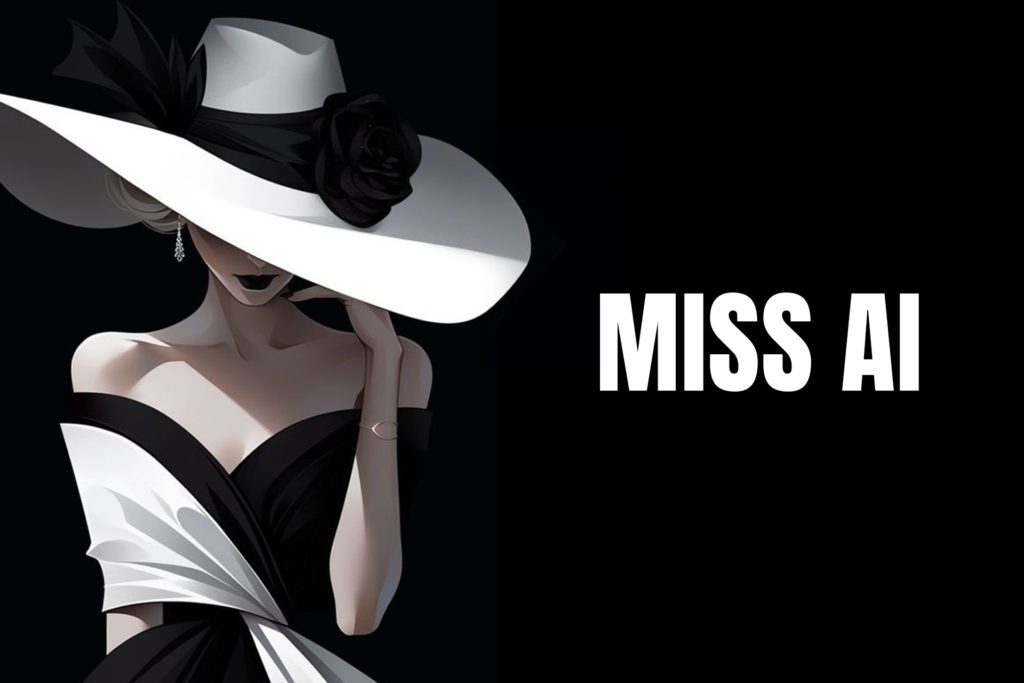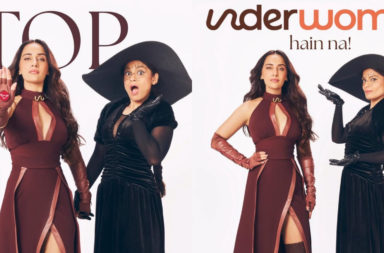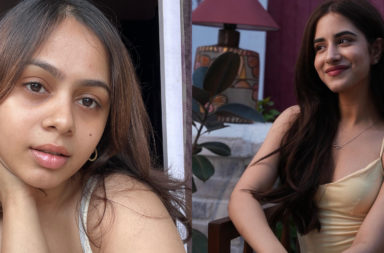The Fanvue World AI Creator Awards (WAICA) has introduced an unprecedented event in the world of beauty pageants: the Miss AI beauty contest. This competition, featuring AI-generated models and influencers, offers a total prize pool of $20,000 and aims to redefine traditional beauty standards through the lens of artificial intelligence.
Evaluation Criteria
Participants in the Miss AI pageant are judged on three distinct criteria:
Appearance
This includes traditional aspects of pageantry such as beauty, poise, and unique responses to a series of questions.
Use of AI Tools
Judges assess the skill and creativity involved in using AI tools, with a focus on details like hand and eye realism.
Social Media Influence
The contestants’ social media engagement, audience growth rate, and use of various platforms like Instagram are evaluated.
Entry Process
Entrants must submit their AI-generated creations and answer a question about their dream to improve the world. The competition is open to any type of AI generator, whether it’s DeepAI, Midjourney, or a custom tool. Thousands of entries have been received since submissions opened.
Also Read: Why Did Bhuvan Bam Trademark Iconic Character Titu Mama
Judging Panel
The judging panel comprises two human judges and two AI-generated influencers. Among the human judges are Andrew Bloch, an entrepreneur and PR adviser, and Sally-Ann Fawcett, a beauty pageant historian. The AI judges include Aitana Lopez, a popular Spanish model with over 300,000 followers, and Emily Pellegrini, an influencer with a an influencer with a significant online presence.
Prizes and Awards Ceremony
The top prize for the Miss AI winner is $5,000, along with a mentorship program worth $3,000 and promotional support from Fanvue. The runner-up and third-place winners will also receive cash prizes. The final ten contestants will be announced next month, with the winners revealed on May 10 during an online awards ceremony.
Future Implications
The Miss AI contest is poised to set a new standard in the pageant industry. While it avoids the direct objectification of human participants, it raises concerns about perpetuating unrealistic beauty standards through AI-generated ‘perfection’. The lack of a male counterpart to the competition also highlights ongoing issues with gendered beauty norms.

The Miss AI beauty pageant represents a bold fusion of technology and traditional pageantry, reflecting the growing influence of AI in creative and social domains. As the world watches this innovative contest unfold, it prompts important discussions about the future of beauty standards and the role of AI in shaping them.


